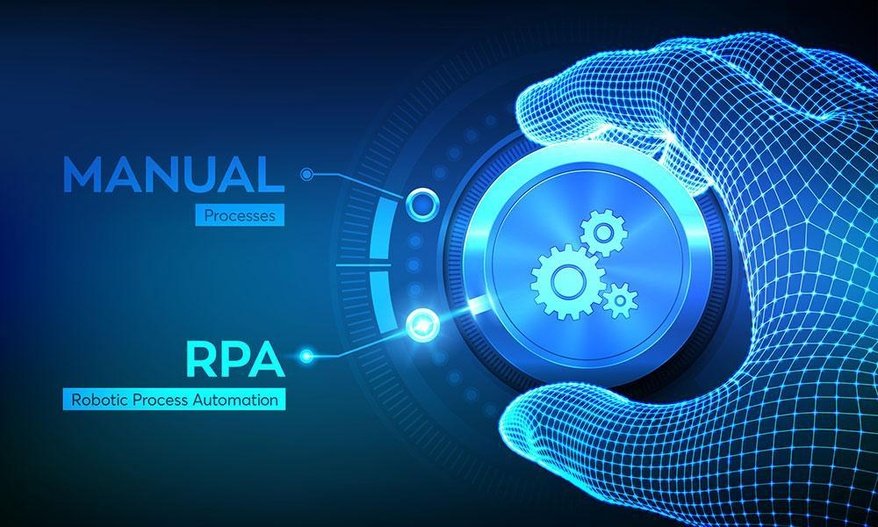Security Testing In RPA
One of the biggest risks with Robotic Process Automation (RPA) as with most of the other data processing services is security. Therefore, Robotic Process Automation Testing becomes of paramount importance. There is more focus on data security and access security. With the current growing scope of automation, data security needs to tackle the prevention of unauthorized users from accessing the data processed by the software robots. Simply put, the goal behind maintaining data security is to ensure privacy as well as to protect both personal and corporate data. Accessing Robotic Process Automation Testing is a part and an important option in data security.
Access security deals with technology to prevent unauthorized users from accessing RPA’s data processing service and connected data sources without permission. Such unauthorized access is imperative to prevent because most of the data is up to the level of confidentiality and malicious users can change the robot’s functionality, thus affecting the performance.
To increase the security for RPA, businesses need to protect not only from outsiders’ threats but even from insider threats. Every part of the technology involves vendors of RPA, who can incorporate certain security measures into the software products. Robust data protection technologies used by leading sensitive user information to protect data need to be incorporated into the RPA technologies.
Robotic Process Automation Performance Testing
RPA will play an important role in the QA development and provide businesses with an opportunity to add more value to their underlying stability and scalability models with less investment.
Robotic Process Automation Testing interacts with the existing IT infrastructure with the help of Artificial Intelligence and Machine Learning capabilities, to automate high volume, data-intensive, repetitive tasks, with minimal human intervention. It is used across industries to automate workflow and processes by enabling bots to interact with applications at the end user’s device. In short, it is a series of commands executed by bots under pre-defined business rules.
The wide adoption of RPA can be attributed to increased efficiency, reduced errors, and better compliance.
Robotic Process Automation Testing at Mobifly is on an upward trend throughout the enterprise. Every day, more companies are replacing tedious, manual activities performed by humans with digital automation processes handled by computers. Robotic Process Automation Testing will prove useful for streamlining clerical tasks such as documentation management, regulation compliance, and supply chain fulfillment.
But, as Robotic Process Automation evolves to the point where intelligent, agile, moving robots become a more significant part of business processes, a new way of implementing performance testing will need to be found.


